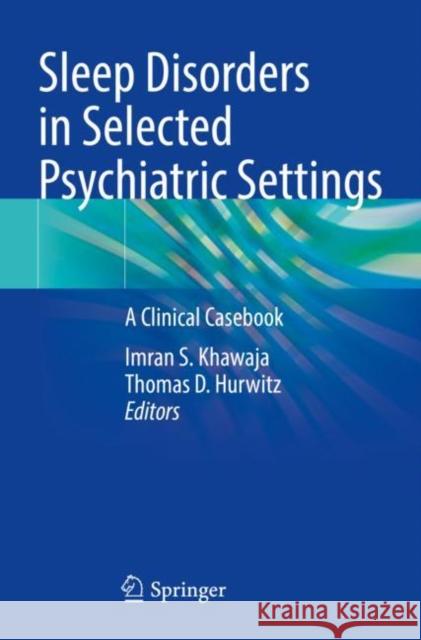Sleep Disorders in Selected Psychiatric Settings: A Clinical Casebook » książka
topmenu
Sleep Disorders in Selected Psychiatric Settings: A Clinical Casebook
ISBN-13: 9783030593117 / Angielski / Miękka / 2022 / 194 str.
Sleep Disorders in Selected Psychiatric Settings: A Clinical Casebook
ISBN-13: 9783030593117 / Angielski / Miękka / 2022 / 194 str.
cena 362,27
(netto: 345,02 VAT: 5%)
Najniższa cena z 30 dni: 346,96
(netto: 345,02 VAT: 5%)
Najniższa cena z 30 dni: 346,96
Termin realizacji zamówienia:
ok. 22 dni roboczych.
ok. 22 dni roboczych.
Darmowa dostawa!
Kategorie BISAC:
Wydawca:
Springer
Język:
Angielski
ISBN-13:
9783030593117
Rok wydania:
2022
Ilość stron:
194
Waga:
0.27 kg
Wymiary:
23.39 x 15.6 x 1.04
Oprawa:
Miękka
Wolumenów:
01
Dodatkowe informacje:
Wydanie ilustrowane











